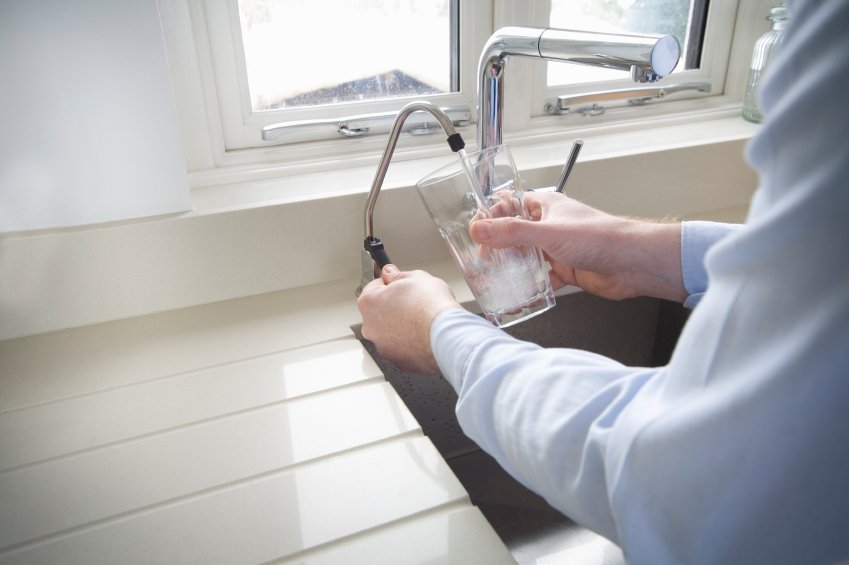Rotten eggs, chemicals, and metal—are those things you want associated with your water supply? Have you looked into ways to ensure that you have the c
Rotten eggs, chemicals, and metal—are those things you want associated with your water supply? Have you looked into ways to ensure that you have the cleanest, purest, and best tasting water possible? If you are someone that values the quality of your water but is working on a budget, or don’t want to instal a water filtration system that is too costly, look no further because carbon filters are the solution.
What is a carbon filter?
Simply put, a carbon filter is a filter that works to remove taste and odor from your water supply. More specifically, carbon filters work to remove certain chemicals, particularly Volatile Organic Chemicals (VOCs) like chloramine, and bacterial contaminants from water. Carbon filters also remove metals like chlorine and radon. Through a chemical absorption process, carbon filters are able to remove VOCs that give objectionable odors and tastes to water, such as hydrogen sulfide (rotten eggs odor) or metals such as chlorine (typically used to clean pools), while retaining healthy mineral deposits that balance the pH of drinking water.
Why is it important?
It could seem petty to worry about the smell of your water, but the effects of drinking VOCs go far beyond preference. While being exposed to VOCs and other bacterial contaminants might seem like just a minor inconvenience, it is important to look at the potential for negative effects on long-term health due to this exposure.
Some of the short-term effects that could occur due to exposure to and consumption of VOCs, metals, and other bacterial contaminants include:
- Eye, nose, and throat irritation
- Headaches
- Nausea/vomiting
- Dizziness
- Worsening of asthma symptoms
Some of the long-term effects that could occur due to exposure to and consumption of VOCs, metals, and other bacterial contaminants include:
- Cancer (the U.S. Council of Environmental Quality contends that, “cancer risk among people drinking chlorinated water is 93% higher than among those whose water does not contain chlorine.”)
- Liver damage
- Kidney damage
- Central nervous system damage
A carbon filter ensures that the catalysts of these effects are removed—making the filter a great way to maintain your safety when grabbing a glass of water.
Benefits of Having a Carbon Filter
- Improve the overall taste/smell of drinking water
- Prevents the short and long-term effects of being exposed to harsh chemicals, bacteria, and metals
- Generally inexpensive (in comparison to other filters)
- Wastes very little water
- Balances the pH level of drinking water
- Generally compact
Carbon filters are considered to be incredibly practical, inexpensive, and simple in relation to other water filtration systems. They are a fantastic choice for just about every household. Sometimes it can be difficult to figure out which types of water filtration system is right for you, so it is important to talk with a professional to asses what will best fit your needs.

COMMENTS